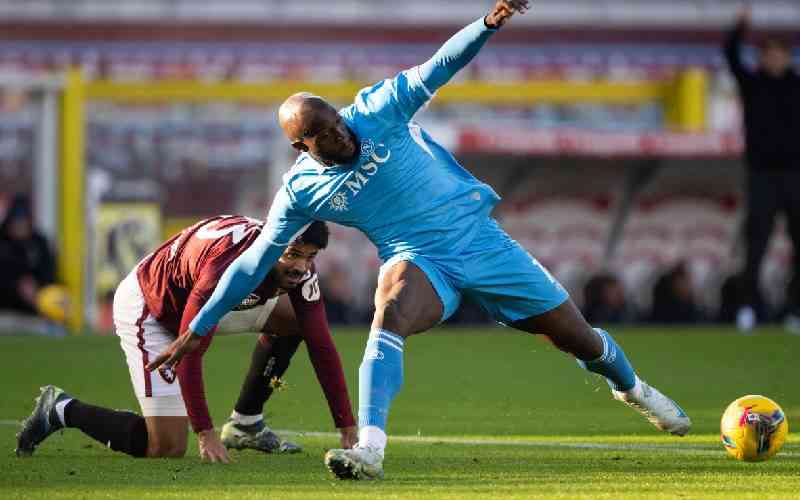×
The Standard e-Paper
Kenya’s Boldest Voice

At least 56 people were killed in "deadly stampedes" at a football match in Guinea's second-largest city of N'Zerekore, a statement from the junta-controlled government said yesterday.
"Protests of dissatisfaction with refereeing decisions led to stone-throwing by supporters, resulting in fatal stampedes" at Sunday's match, the government statement said, which was published as a news ticker on national television. "Hospital services have put the provisional death toll at 56."